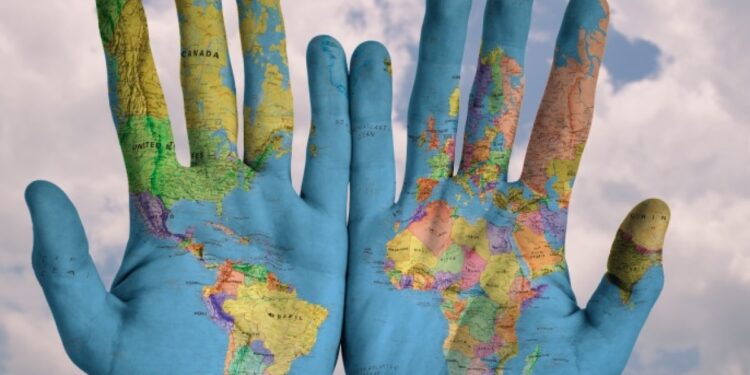Globalization, once a driving force for world peace, prosperity and low inflation, is facing a critical downturn as geopolitical tensions and economic transformations reshape the international landscape.
According to Mike O’Sullivan, a senior contributor to Forbes magazine, the era of globalization is over. He points to the salient features of globalization—peace, low inflation, and international prosperity—that are increasingly rare.
O’Sullivan’s view, which he outlined in an article in Forbes magazine, is that interdependence and interdependence among nations are deteriorating as major global powers reshape their economic and political alliances.
At the last economic meeting, a heated discussion with the former German Minister of Economy highlighted this fact.
The minister’s claim that a new wave of globalization was imminent began with a fantasy in O’Sullivan’s eyes, given Germany’s conflicting economic dependence on China, needs to align with the United States, and unresolved issues with Russia exacerbated by the war in Ukraine.
Escalating Pearl Construction in a Bipolar World
According to the author, Barry Eichengreen, an international expert in foreign exchange and financial flows, highlighted in his research paper entitled “Globalization and Growth in a Bipolar World” the changing dynamics of global trade and investment.
Eichengreen noted that although trade relative to GDP remains high, it has faced strong headwinds and redirected flows to countries such as Mexico and Vietnam.
Capital and financial flows have also declined sharply, as China’s efforts to deepen its financial markets and boost the use of its currency face obstacles.
Reflecting on Eichengreen’s findings, O’Sullivan says that globalization involves more than just trade and capital flows, but also the flow of people, tourism, education abroad, and political discourse.
He adds that with these measures, globalization collapses as walls are built, and international institutions such as the International Monetary Fund, the World Health Organization, and the World Bank lose their importance.
The future of global trade
Globalization, which began with the fall of communism and was completed by the suppression of democracy in Hong Kong in 2020, is not just about trade growth or business cycles, O’Sullivan argues. Rather, it represents a particular form of global interconnectedness that is now beginning to unravel.
Watling, a company known for tracking economic cycles, supports the view that we are moving from a long-term globalization system to a new, uncertain era, the author says.
This interim period will be characterised by addressing imbalances such as climate damage and debt while integrating new technologies into economies and societies, O’Sullivan concludes.



